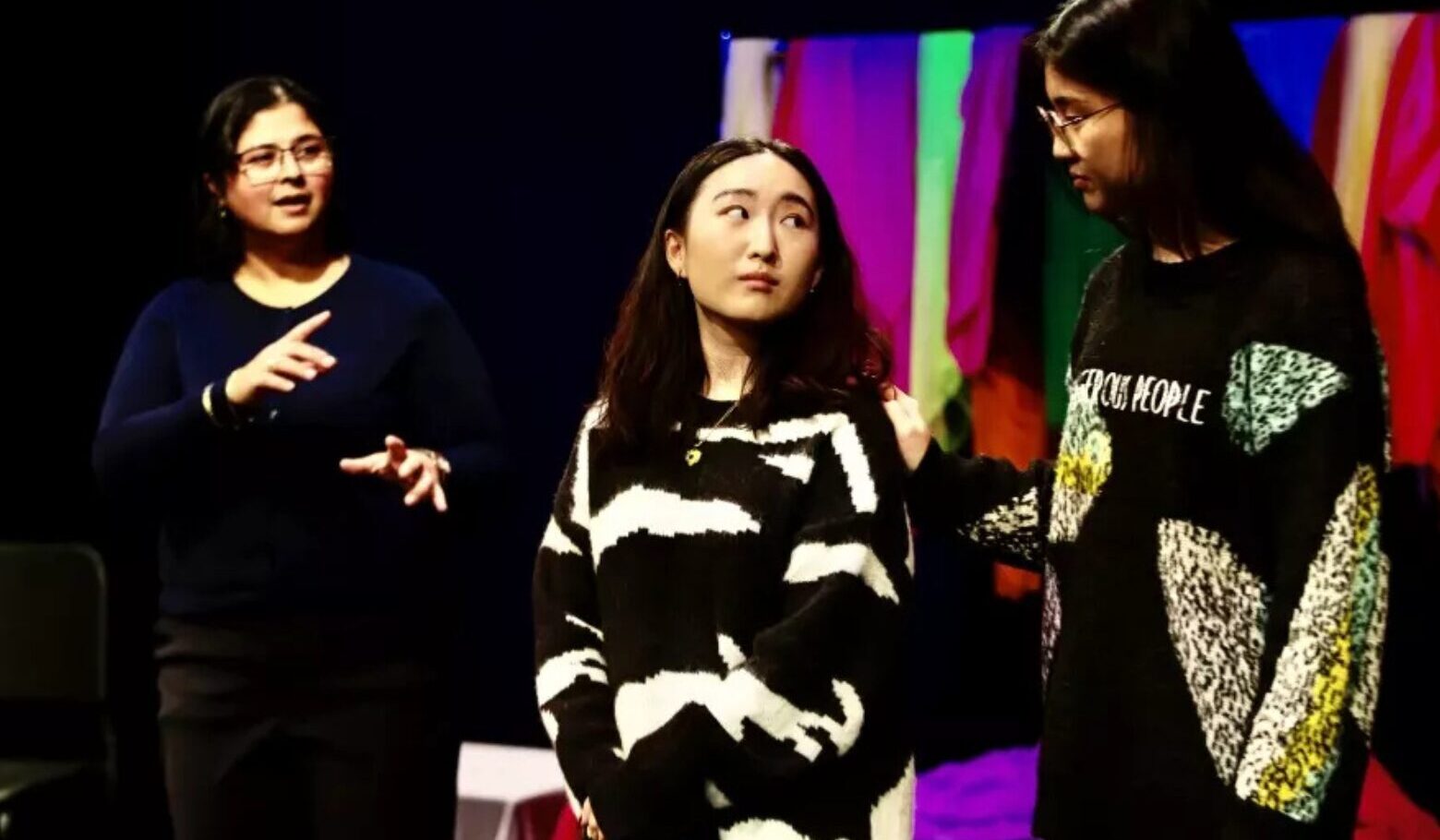Dr. Nisha Sajnani: The Healing Power of the Arts

In this episode of the StageLync Podcast, Anna Robb speaks with Dr. Nisha Sajnani, a leading figure in drama therapy and arts in health. They explore how creative expression impacts human development, health policy, leadership, and community building, with inspiring examples from around the world. Check out this preview, and don’t miss the full episode next week!
What inspired you to pursue a career at the intersection of arts and health?
My journey was shaped by early exposure to the arts—classical Indian dance, ballet, jazz, and music—thanks to my mother, who wanted us to experience what she hadn’t growing up. While studying theatre in university, I became fascinated not just by performing but by how theatre could transform strangers into close-knit communities. I was drawn to the psychological and social possibilities that theatre-making offered, which led me to drama therapy and exploring how the arts can contribute to human development and health.
What exactly is drama therapy, and who benefits most from it?
Drama therapy uses theatre-based processes like storytelling, role-play, improvisation, and performance to achieve therapeutic goals. Drama therapists work across a wide range of settings—schools, hospitals, rehabilitation centers, and private practices—with people of all ages. It’s not just about clinical treatment; it can also promote joy, well-being, and social connection. For instance, I’ve worked with seniors putting on Fiddler on the Roof at a retirement center, providing them with pride, community, and a chance to realize lifelong dreams.
You created a course called “Can Arts Save Lives” — how does arts practice tie into public health and policy?
In the course, students experience art forms like kintsugi (the Japanese art of repairing broken pottery with gold) and reflect on their therapeutic value. We then connect this to a policy discussion: Are there enough opportunities in cities, schools, and healthcare systems for people to access arts programs? Strong evidence shows that arts engagement benefits health and well-being. Therefore, arts should be protected and funded through public policy—not just seen as cultural extras but as essential to human wellness, much like exercise or nutrition.
How do you teach leadership through improvisation, and why is it valuable beyond the arts?
I co-teach a course at NYU Stern called Leadership and Improvisation, where students—mostly MBA candidates—learn the principles of improv to become better leaders. The focus isn’t on being funny; it’s about being present, responsive, and adaptable in the moment. Leadership, like improvisation, demands real-time listening and adjusting, whether you’re managing a small team or speaking in a boardroom. Improv teaches students to embrace uncertainty and build authentic connections, skills crucial across industries, not just in the arts.
How are the arts being used to support displaced communities, and what impact does this have?
Through the Harvard Program in Refugee Trauma, I teach about arts-based initiatives that support forcibly displaced people. For example, we collaborated with Yazda in Iraq to offer photography and painting workshops for Yazidi women survivors, helping them express their experiences and rebuild their identities. Their work now forms part of the Yazidi Cultural Archive with Google Arts and Culture. Music and collaborative arts projects similarly create bridges between refugee and host communities, promoting healing, empathy, and social cohesion. These projects also inform policy briefs advocating for arts engagement as a critical part of refugee support services.
Key Insights from the Podcast
- Arts as a Tool for Health and Well-Being
Drama therapy and creative arts are not only therapeutic but essential to human health, supporting psychological, physical, and social well-being. - Drama Therapy Defined
Drama therapy intentionally uses theatre-based practices like role play, improvisation, and storytelling to foster insight, build community, and promote healing across diverse populations. - Policy and Advocacy Matter
Advocating for arts in public health, education, and healthcare policies is crucial. Art engagement—even once a month—can extend life expectancy by up to ten years. - Leadership Through Improvisation
Skills learned from improvisation—such as flexibility, active listening, and presence—are vital for effective leadership in any sector, including business and healthcare. - Arts and Displacement
Arts initiatives for displaced communities offer powerful means for healing, preserving culture, and fostering coexistence between refugees and host communities.
Main Image: Courtesy of steinhardt.nyu.edu
Editor's Note: At StageLync, an international platform for the performing arts, we celebrate the diversity of our writers' backgrounds. We recognize and support their choice to use either American or British English in their articles, respecting their individual preferences and origins. This policy allows us to embrace a wide range of linguistic expressions, enriching our content and reflecting the global nature of our community.
🎧 Join us on the StageLync Podcast for inspiring stories from the world of performing arts! Tune in to hear from the creative minds who bring magic to life, both onstage and behind the scenes. 🎙️ 👉 Listen now!
